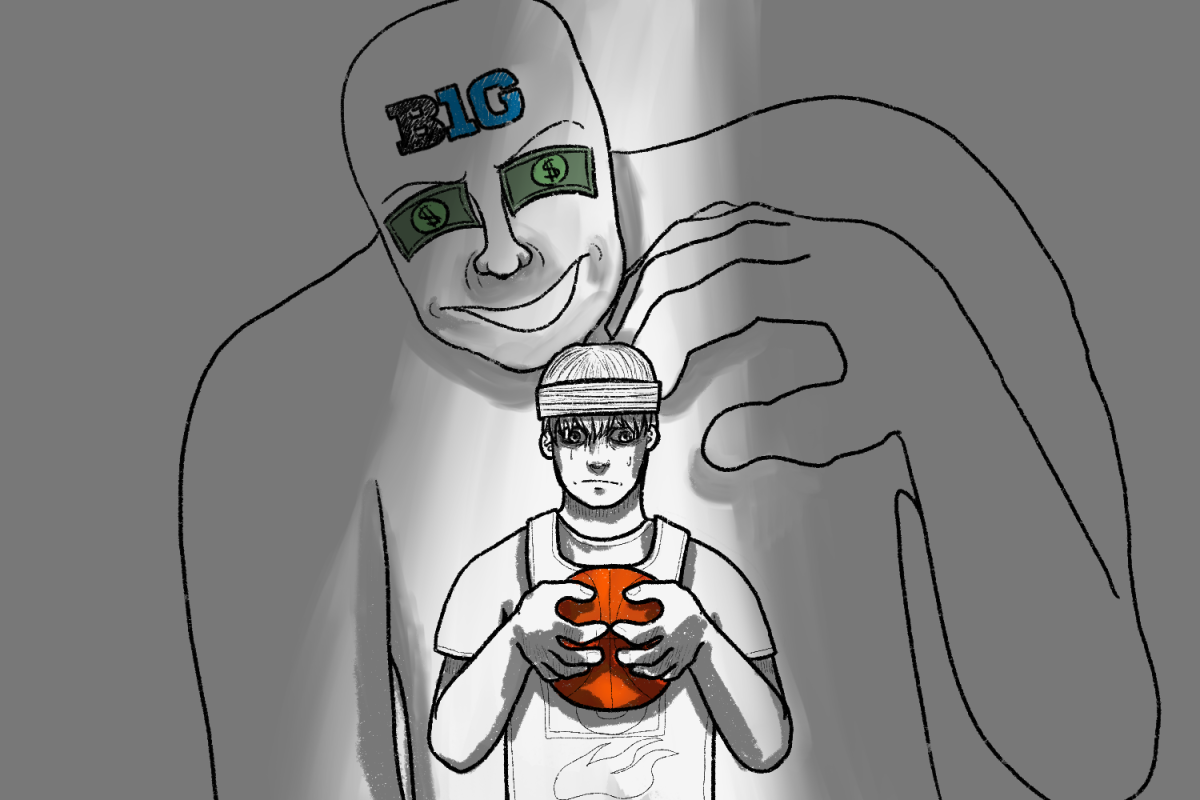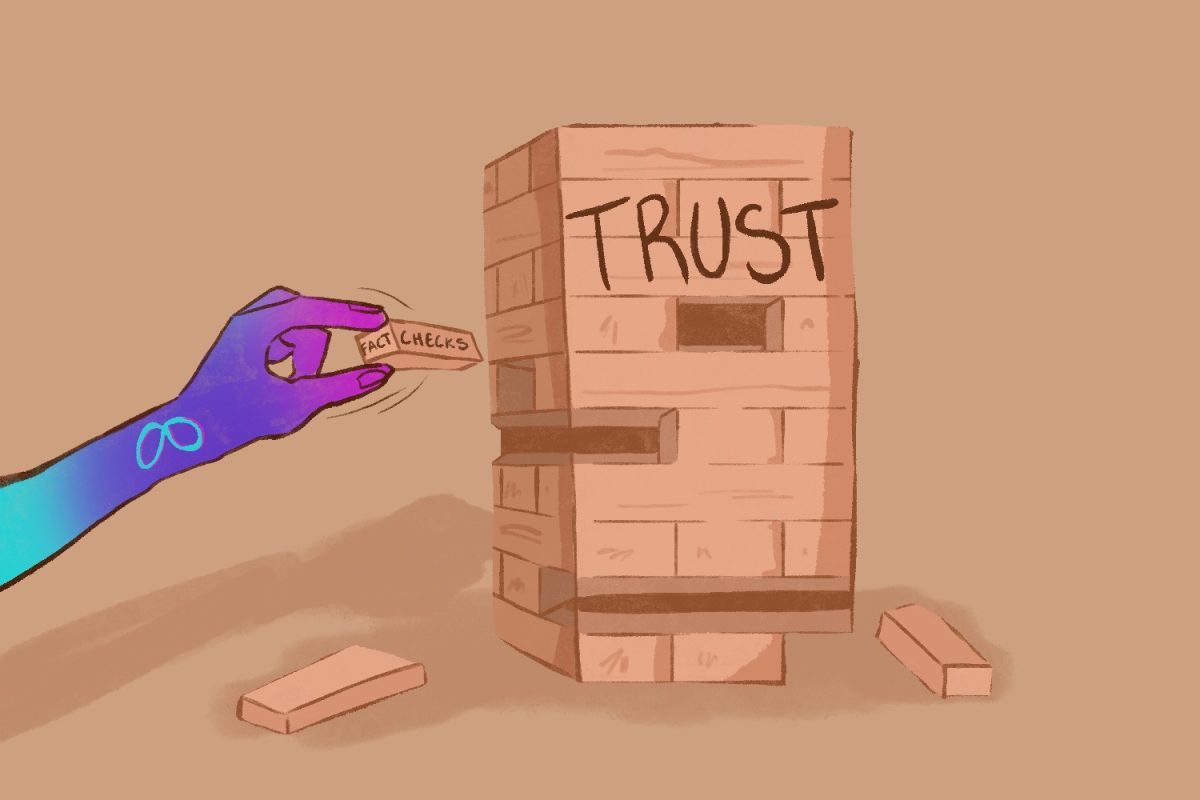In a society where social media is so prevalent, it’s surprising that many are unaware of the mentally devastating impacts it can have on teens. If we wish to fix this, we need to further educate ourselves and bring awareness to these detriments.
Ask any adolescent whether or not they have social media, and their answer will most likely be “yes.”
For most teens, a large portion of their day is spent scrolling through Instagram, opening snaps on Snapchat, or watching videos on Tik Tok. In fact, according to a report by Common Sense Media, an organization that promotes safe technology use for kids, teenagers typically spend roughly seven hours and 22 minutes on their devices a day.
It seems like a normal aspect of teenagers’ daily routine, and majority of people see this excessive phone usage as simply a source of entertainment and fun. But many don’t realize social media is unconsciously eating away at their mental health.
On the surface, it appears as though all a user is exposed to is various posts, videos, and snaps from their friends and people they admire. But this isn’t necessarily true.
Hidden within the various pictures and videos is a world of targeted ads, touch-ups, and sponsored posts from influencers, many of which hint at different kinds of surface-level self-improvement.
For example, many teens can usually find ads for weight loss, appetite-reducing substances, and a host of other products meant to “improve” their bodies on their feeds. This leads many to feel like their bodies aren’t good enough. But this is merely one aspect of social media.
Social media has also popularized touch-ups and edits to photos, leading many users to alter their appearance to make themselves more “desirable.” This is especially common among influencers, who many users look up to. Even the smallest of edits promote unrealistic standards of beauty, from erasing acne to slimming down your waist.
Filters can have a similar effect, as they can easily change someone’s appearance. Although filters can often be a source of fun and entertainment, they can also promote a specific look many can’t obtain without surgically altering their appearance.
These filters, edits, and ads combined have caused many harmful impacts on the mental health of adolescents. By frequently comparing their bodies to the altered images they are continuously exposed to, teens may feel as if they don’t shape up to today’s standards, leading to a rise in body dysmorphia, eating disorders, and even suicide rates.
For all its entertainment value, social media is having an alarming impact on the wellness of many teenagers in today’s society. This is something we need to educate ourselves on and bring awareness to. If we don’t, its negative impact on mental health will only continue to grow.
*This editorial reflects the views of the Scot Scoop editorial board and was written by Elle Horst.













